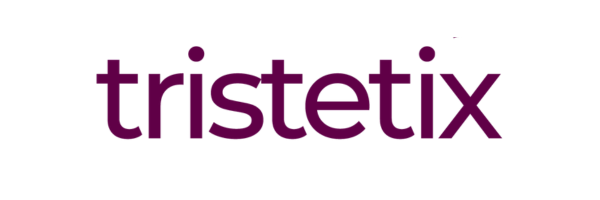We all have that one friend that can do almost anything. Should we be stuck in some way during a project or we need help fixing a problem, they are the ones to talk to.
Polymaths are the joy of any creative community. Among us they are unicorns, special in every way. They are generous, and more often than not, willingly give freely to us whatever gifts they have had.
To start with,
- Who are polymaths?
A polymath is an individual whose knowledge spans a substantial number of subjects, known to draw on complex bodies of knowledge to solve specific problems. - Examples of Polymaths in History.
Omar Khayyam, Omar Khayyam was a Persian polymath, mathematician, astronomer, historian, philosopher, and poet.
Leonardo Da Vinci, probably the most widely known polymath of all time, Da Vinci was active in various areas; painting, sculpting, and architecture.
George Washington Carver – from slavery to agriculturalist, botanist, scientist, educator, artist, musician, and inventor. - The Polymath in the 21st Century
Almost every creative person is on their way to becoming a polymath. Especially most people in the Tech Industry. The ones that do the work.
Where can you find Polymaths?
As Artists, Creative Writers, Entrepreneurs, and Content Creators. In Tech, you have Fullstack Developers and Product Managers.
What are they like? They can do many things.
How can we spot them at work? They are often consulted on most projects.
Benefits of Being a Polymath
- Polymaths often have large networks because of the number of fields they are involved in.
- Though they may not be immensely skilled across the skills they have garnered, they often have knowledge of the best practices across industries. This cross-functional exposure also changes the way they see things.
- Polymaths learn things quickly. As they already know many things, it is not hard for them to learn the new things they need to learn.
Disadvantages
- Society doesn’t react to them well.
- They may get confused
- What can we learn from Polymaths?
Polymaths are always seeking to learn, we should seek to learn too. The hunger to learn.
Key Takeaway:
We cannot all be polymaths but as entrepreneurs, we often find ourselves needing so many new skills to achieve certain goals. We can all learn something from the fearlessness of a polymath; you do not have to master a skill to learn it.
.
People are encouraged to follow that trend and upskill as roles, while specific will also require some extra skill, especially in tech.
Finally, as a Polymath, you can niche if you want to. It is fine. If you niche, you will most definitely attain success in that role, all things remaining constant. By drawing knowledge from the multiple fields in that role, you would often shine.
It is okay for the Polymath to stay unnoticed and remain the generalist. The world is expanding more and more to fit generalists as the internet ages. Remote work is here and so are online courses.
It is basically becoming your world. So drift if you can and more importantly, take some business courses. It will really help.

Join the 20 Days of Content Challenge
Do you struggle to create content consistently?
Or do you struggle with content ideas to attract, engage or convert your audience into paying customers?
Join the challenge and get 20 days off specific and strategic content prompts to reach your social media marketing goals!
Complete the form below and I'll get you started!
You're in!
A welcome email has been sent to you to kick off the challenge.
Don't forget to check your spam box or reach out at contact@tristetix.com if you have any issues.
I can't wait to see your amazing content ❤️

